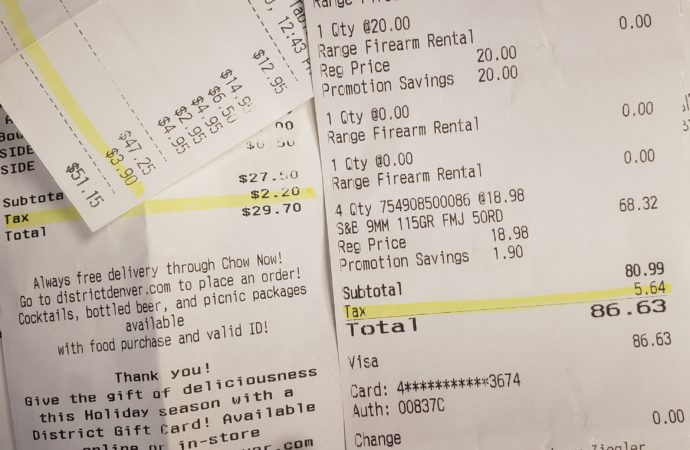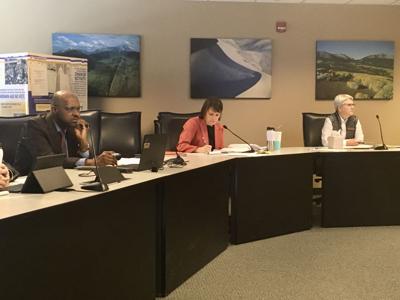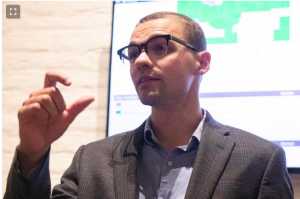- March 12, 2021
Denver’s 2021 budget reveals that the city expects to collect $14 million in new sales tax revenues this year by taking advantage of a 2018 United States Supreme Court ruling for the first time. The State of Colorado began collecting new sales tax revenues under the same scheme in 2019.
These tax increases have come without voter consent, raising the question of whether sales tax rates should be lowered to offset the increases.
Key Takeaways
- A 2018 U.S. Supreme Court ruling allows states and local governments to mandate that out-of-state retailers collect sales taxes from residents when selling online.
- Denver and the State of Colorado have both created a substantial tax windfalls for themselves after promulgating new tax rules to take advantage of the ruling.
- The state brought in $80 million in new sales tax revenue in FY 2019-20 as a result of the new rules. Denver projects a $14 million increase in sales tax revenue this year as a result of its changes.
- Both Denver and the state skirted TABOR. The burden of the new taxes falls on residents, but the changes did not appear on the ballot for voter approval.
- The new rules effected a tax revenue increase by expanding the sales tax base. Denver should consider offsetting this base increase by decreasing its sales tax rate.
To continue reading this story, please click (HERE):





